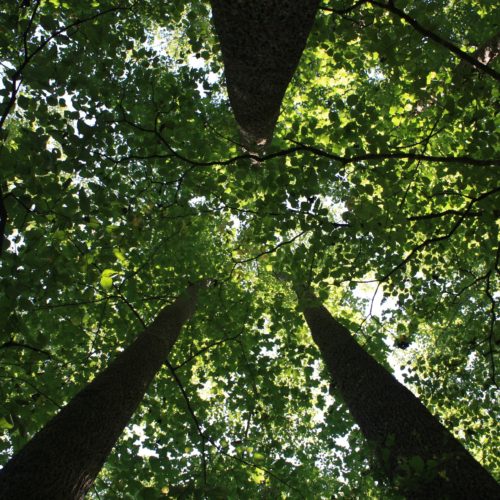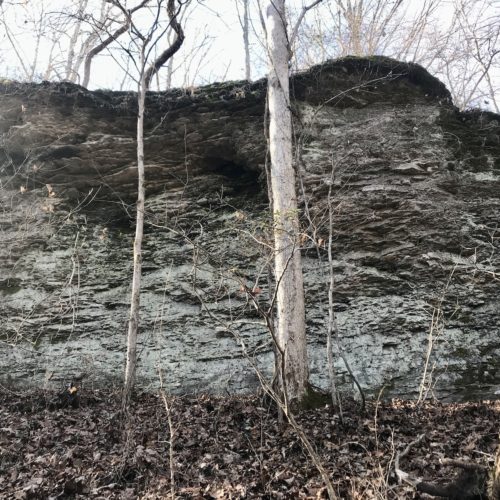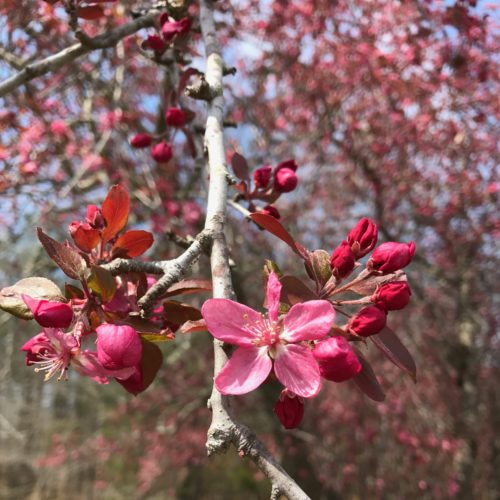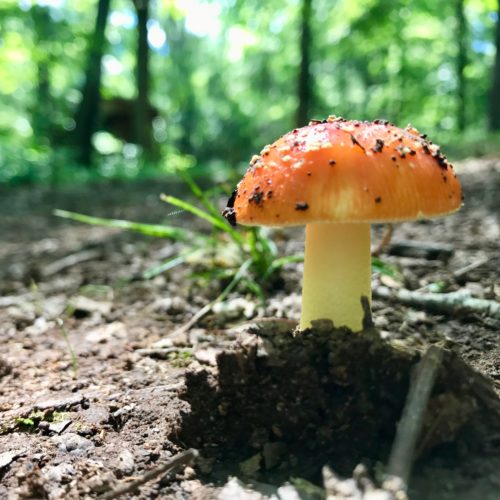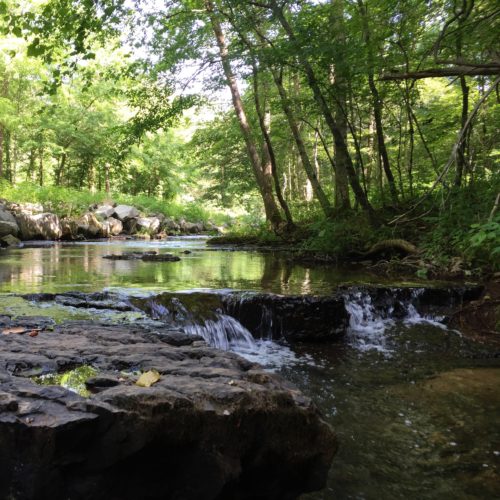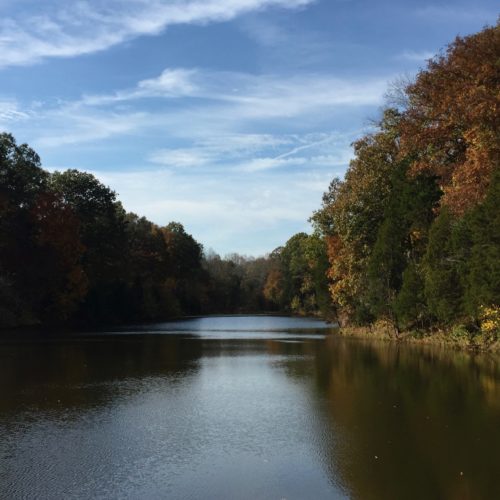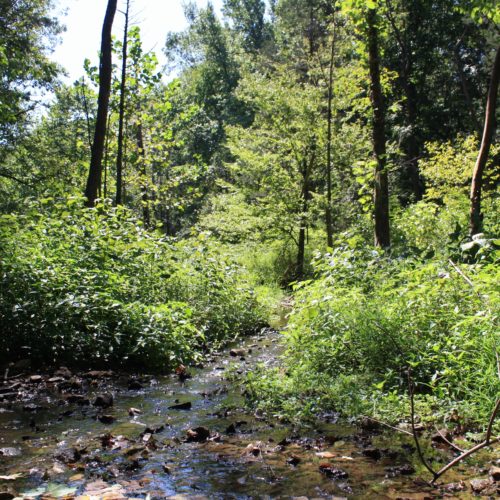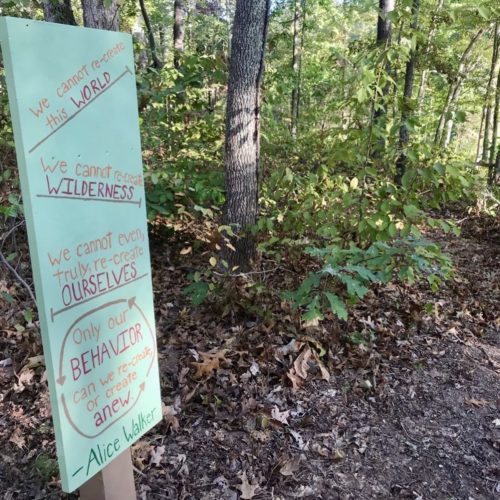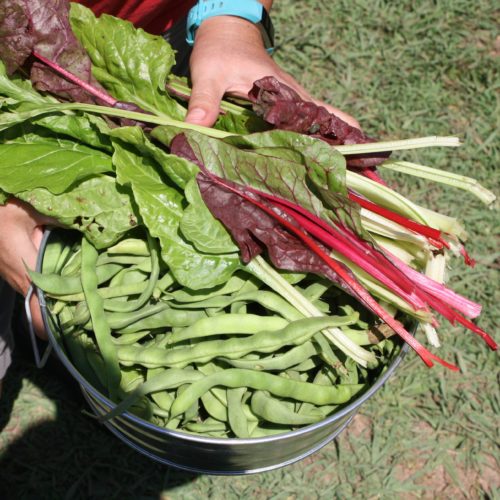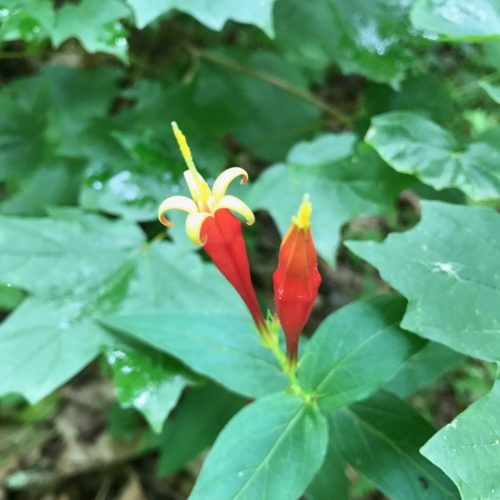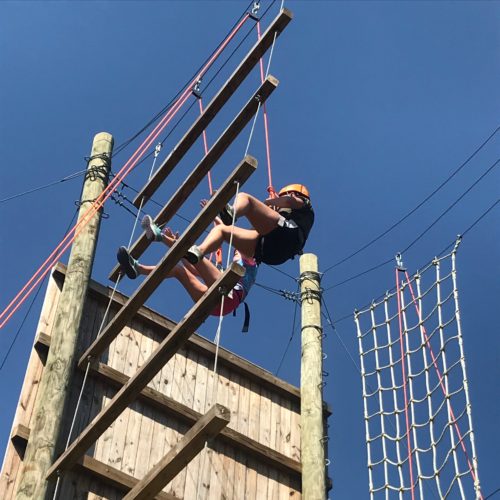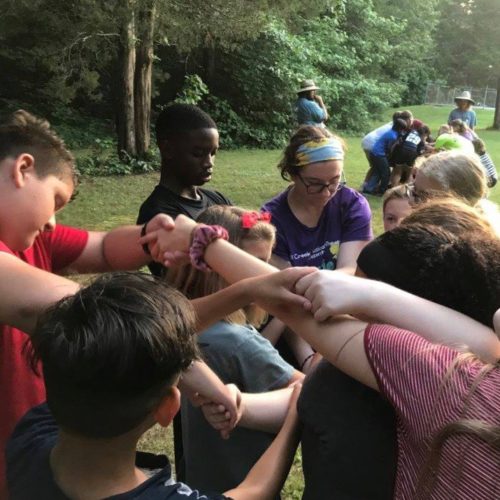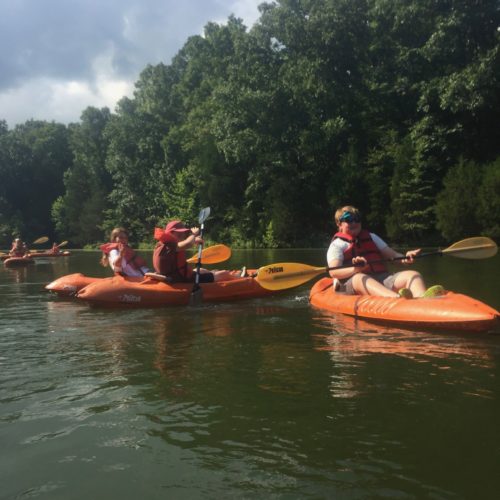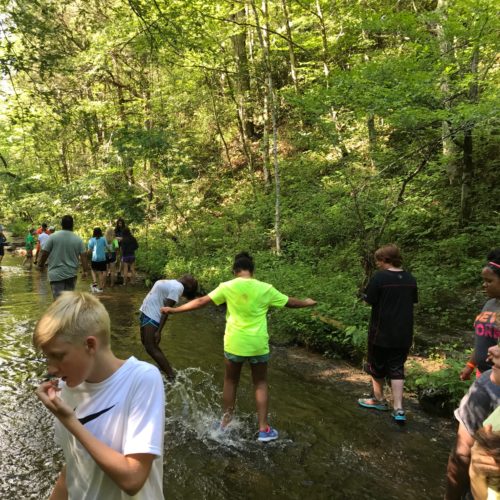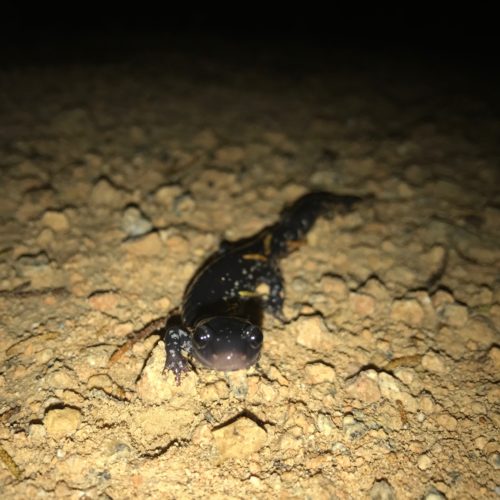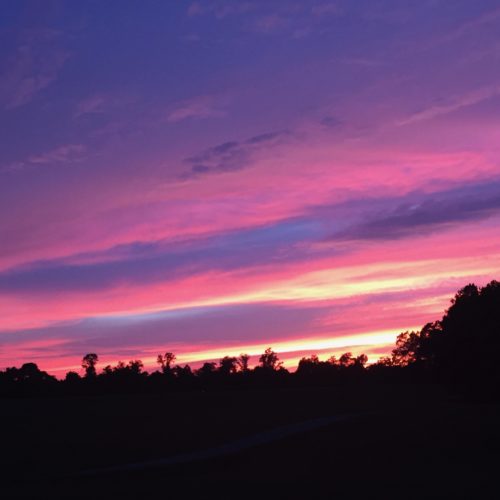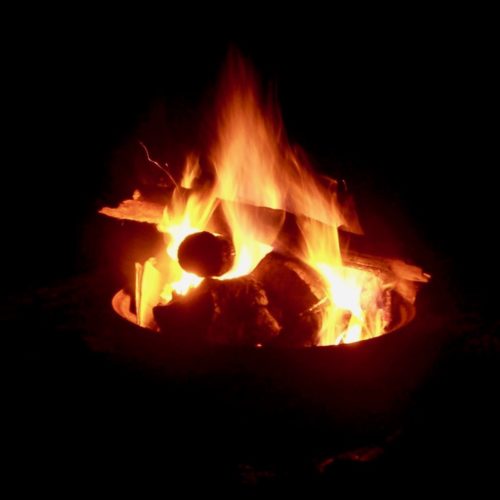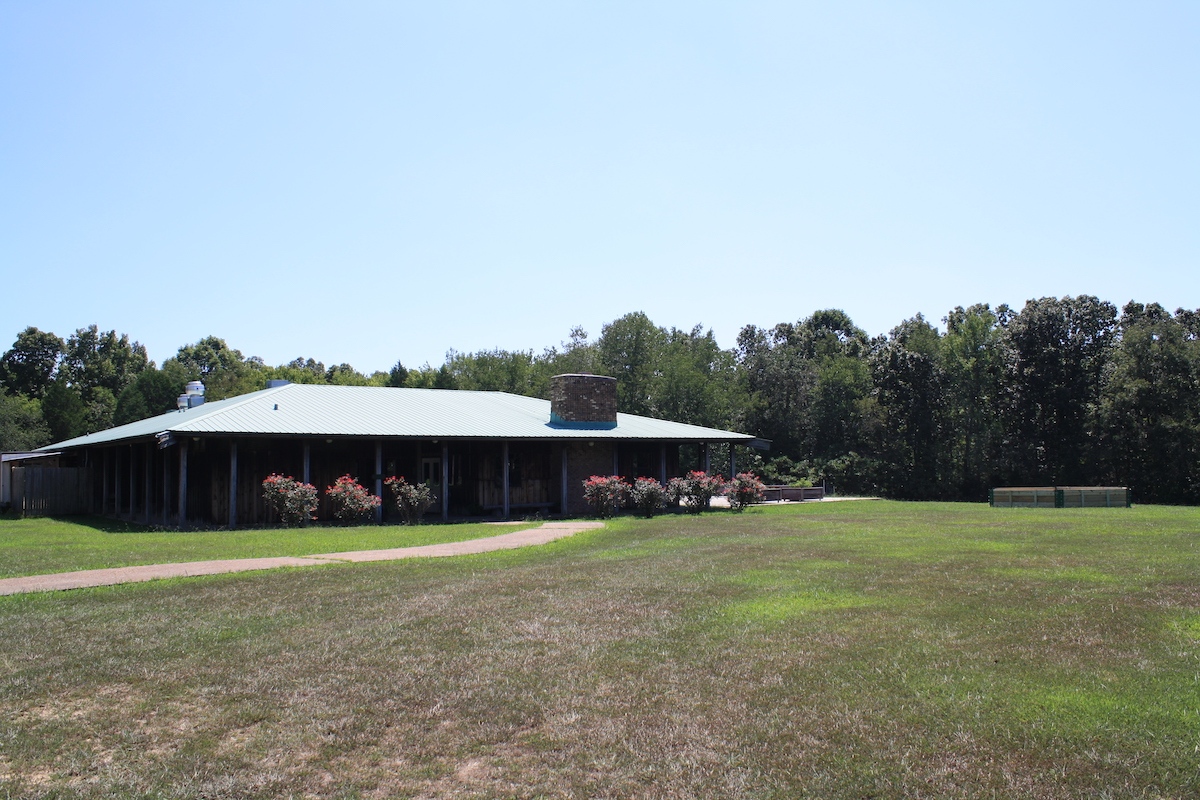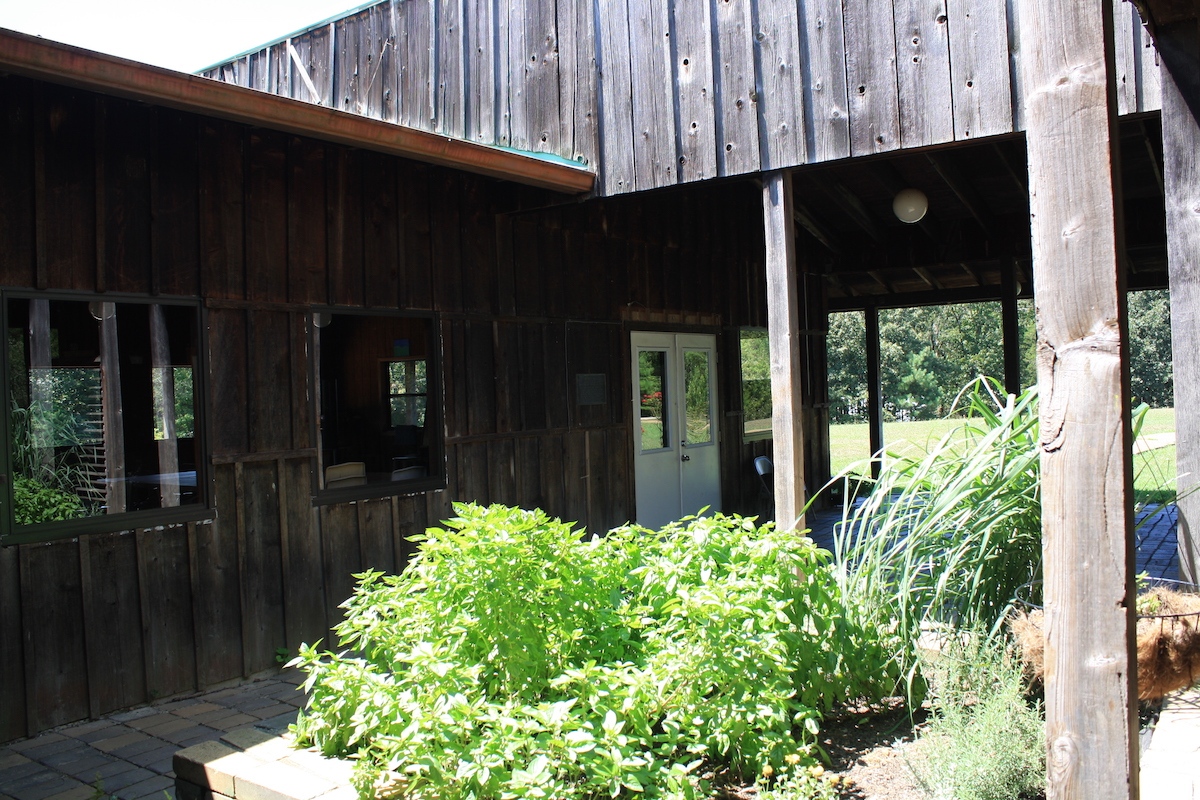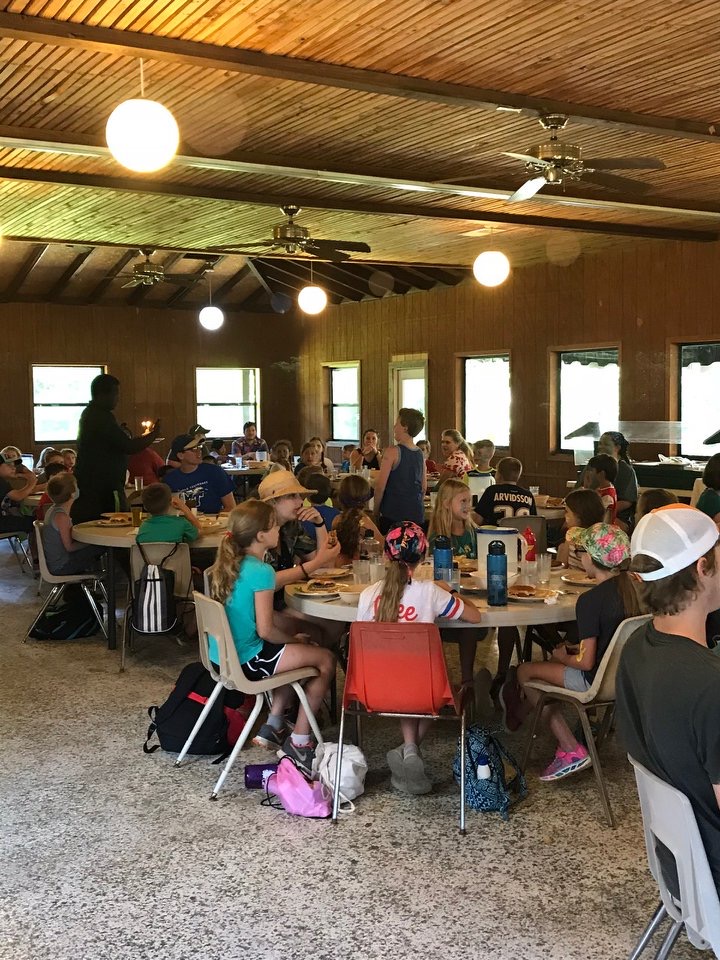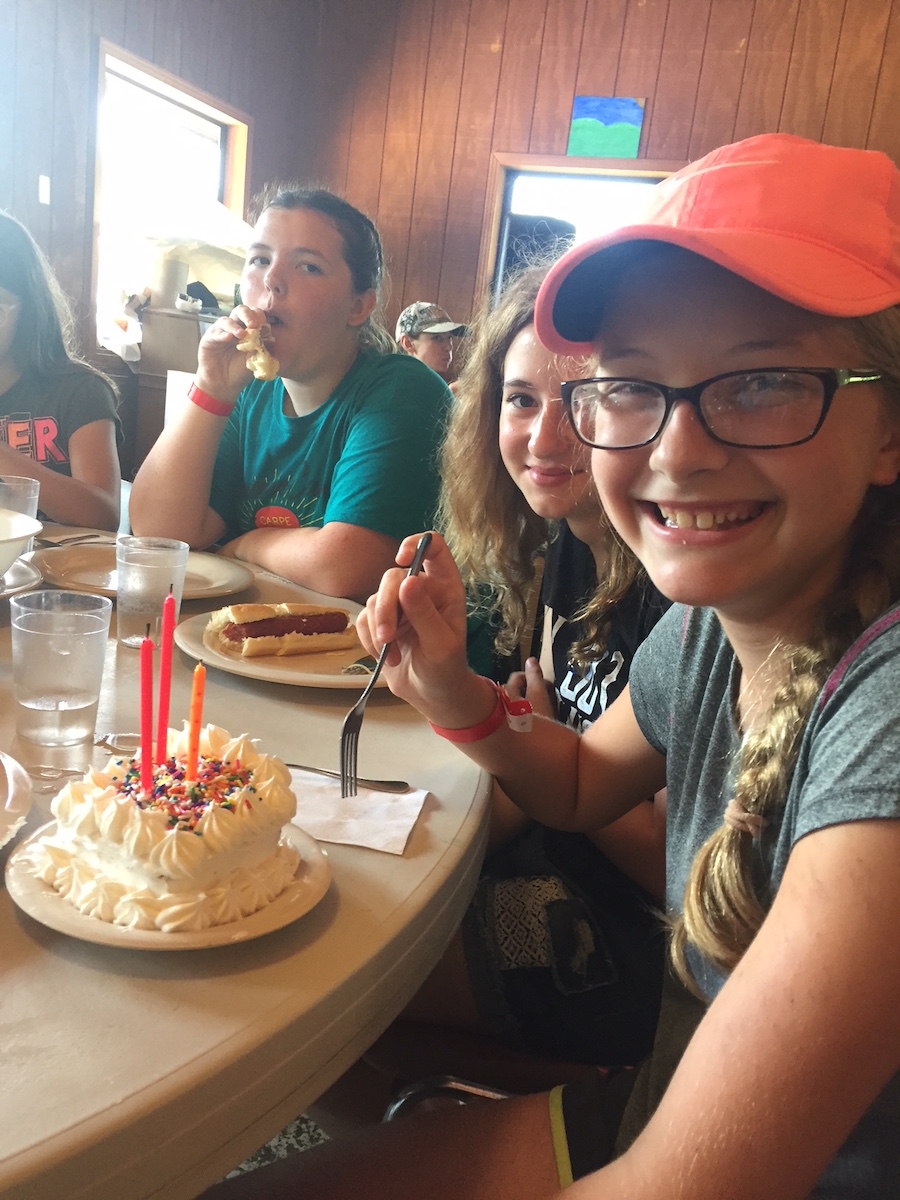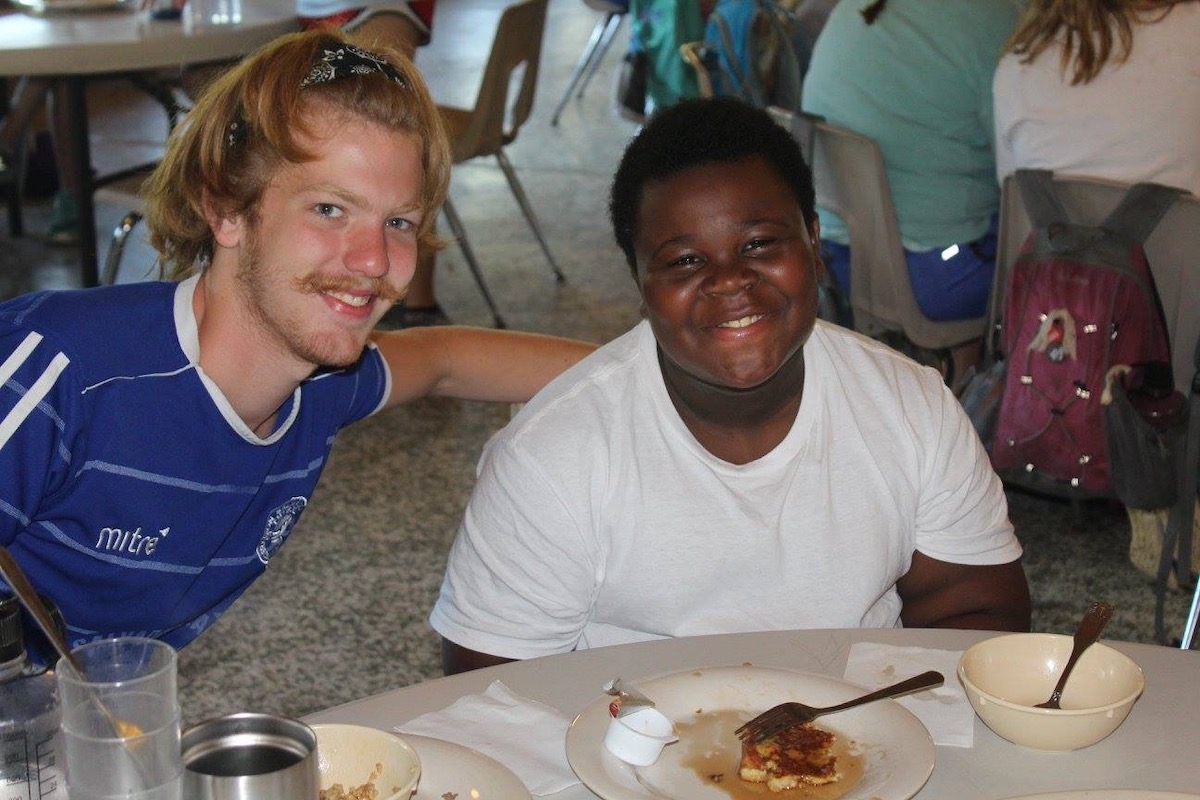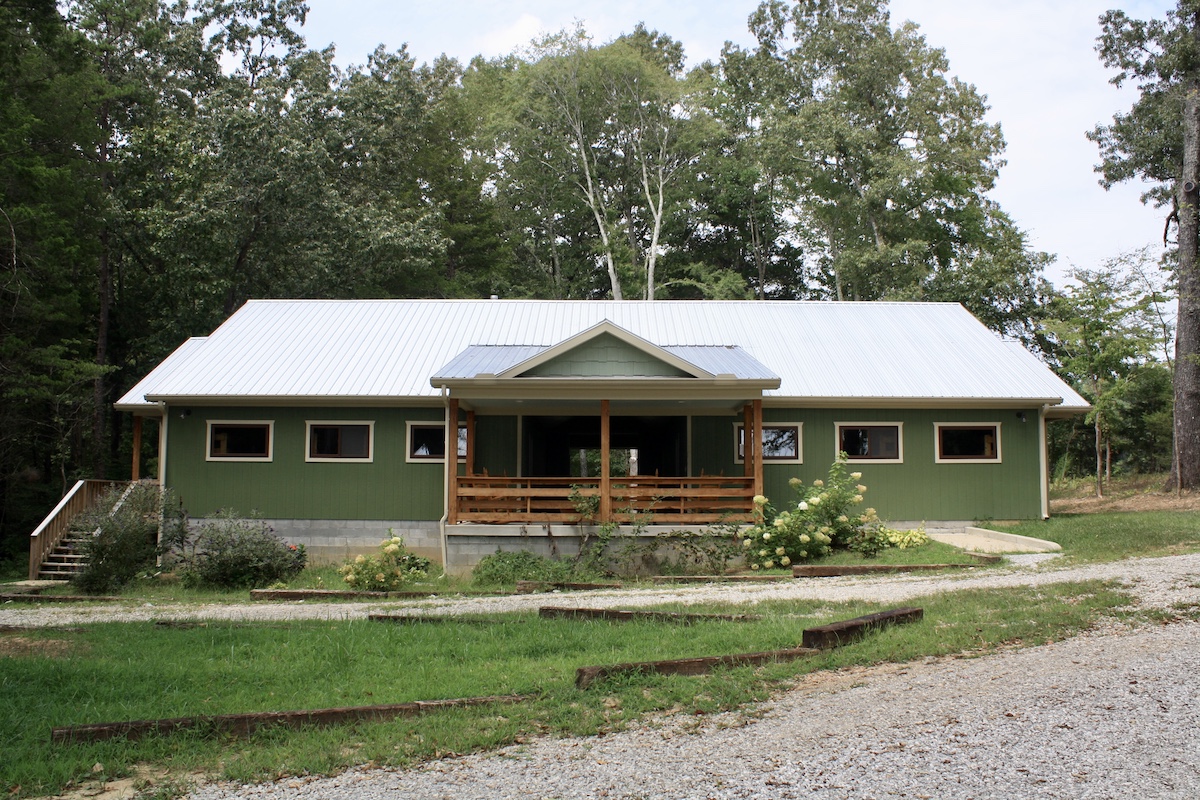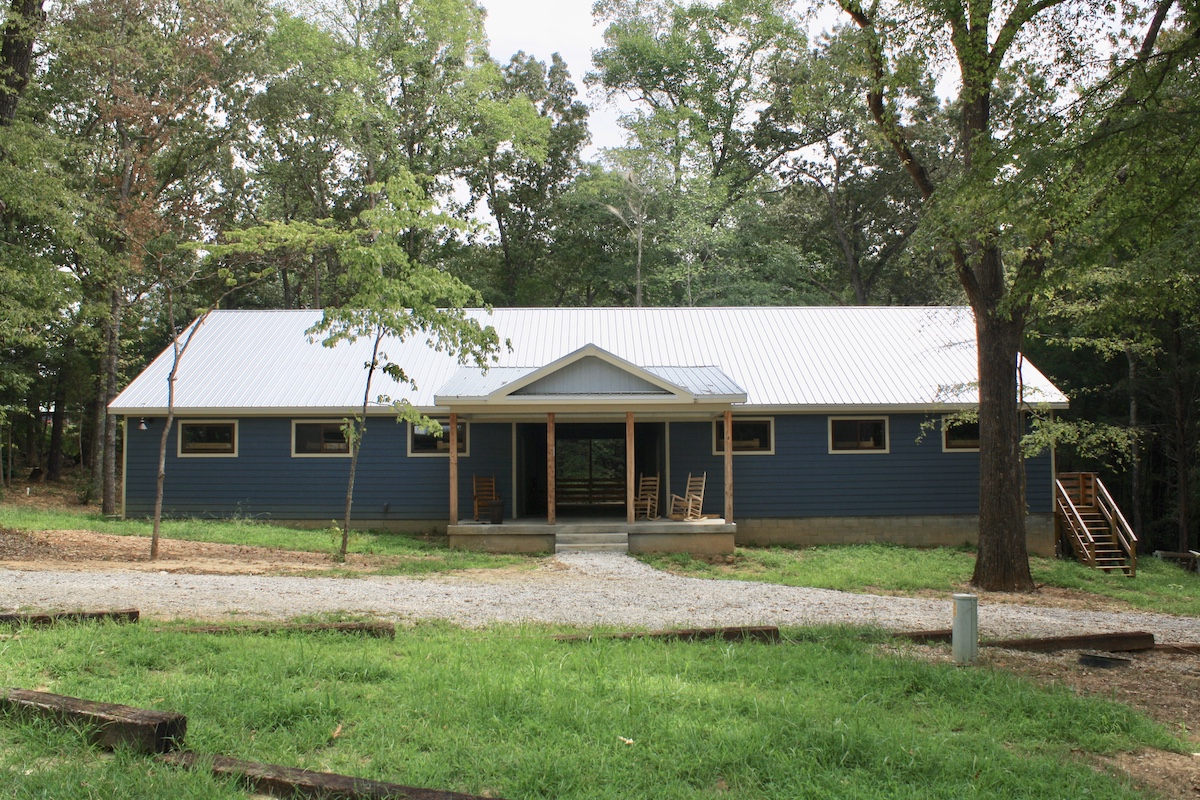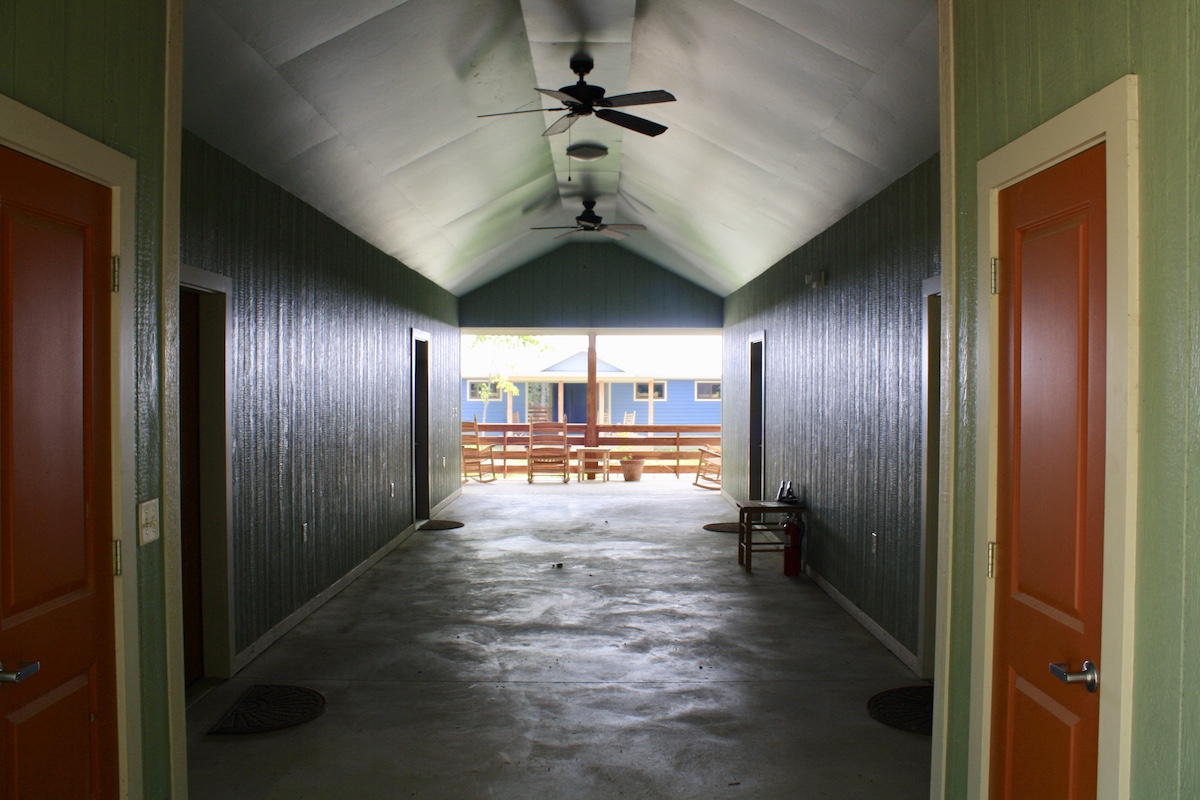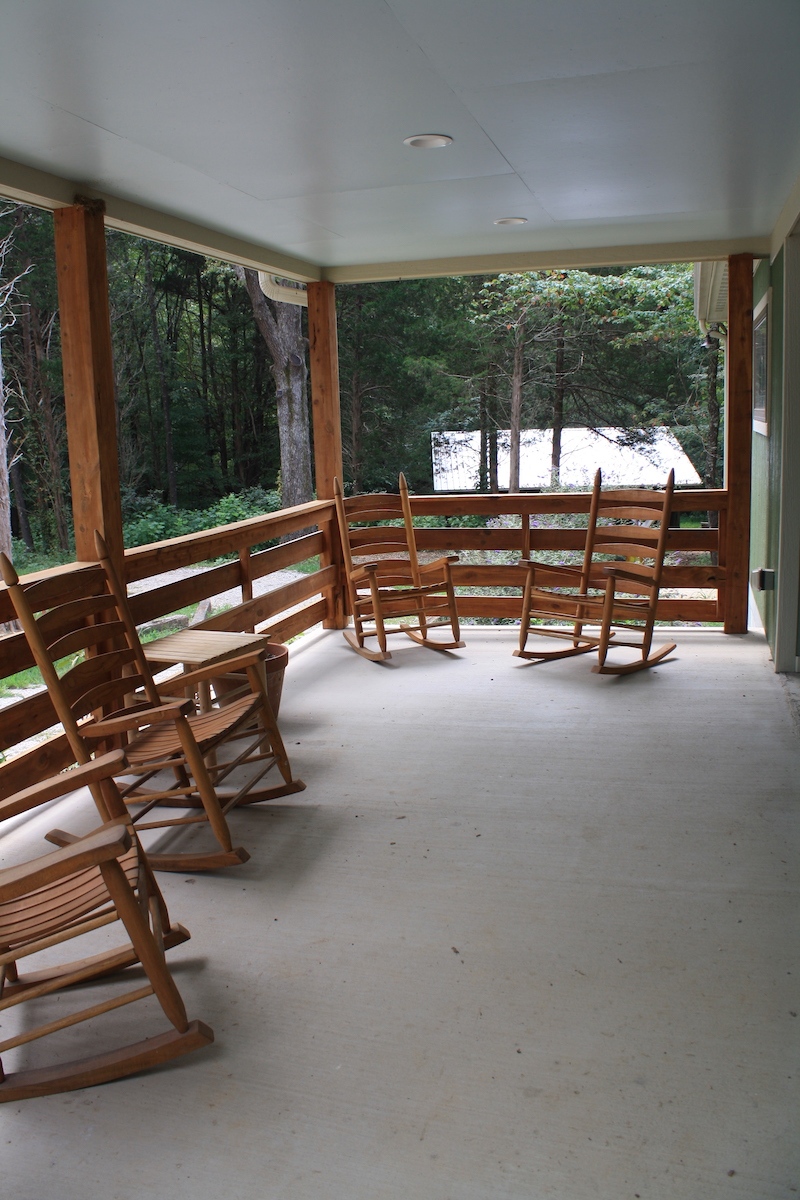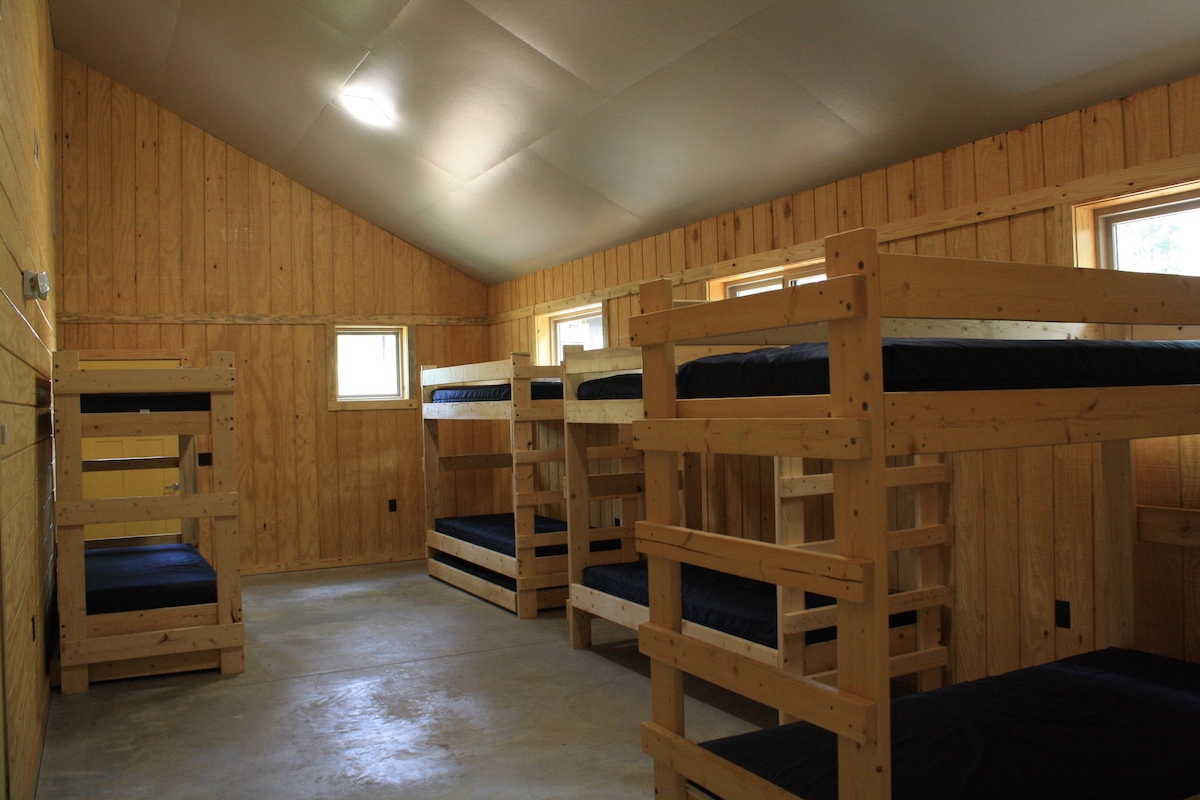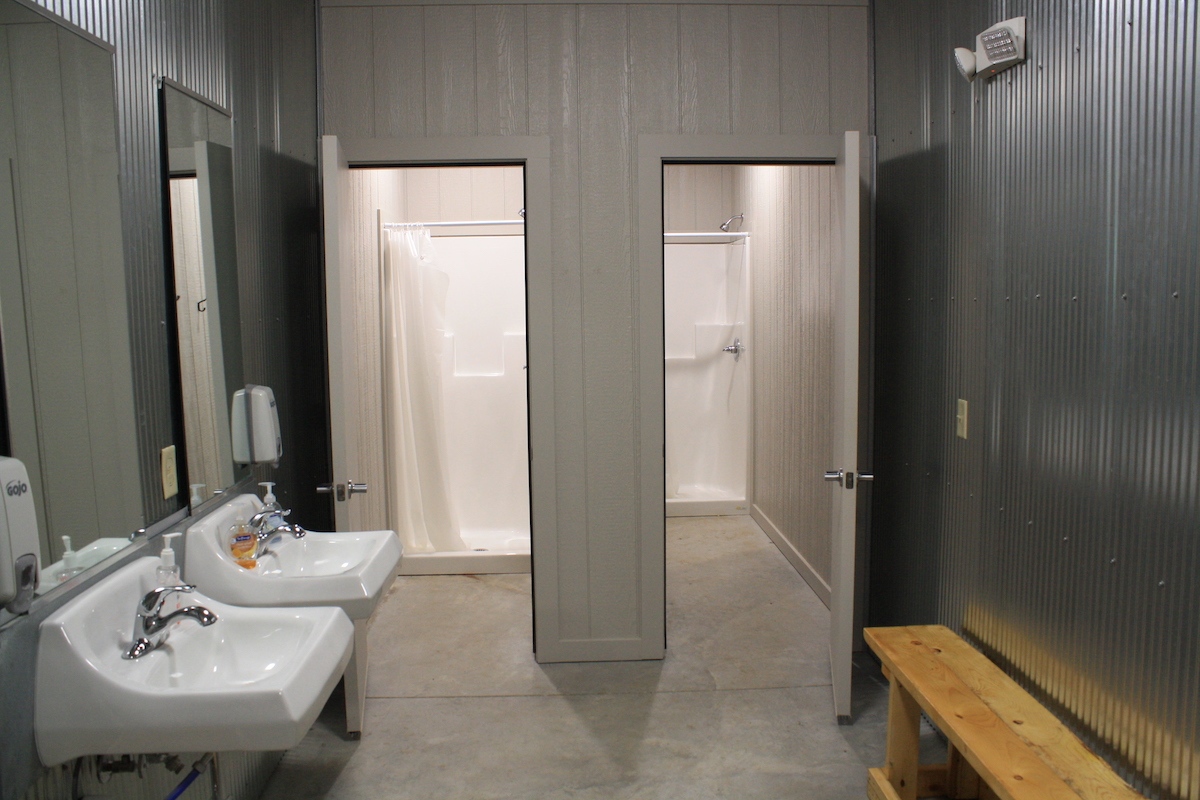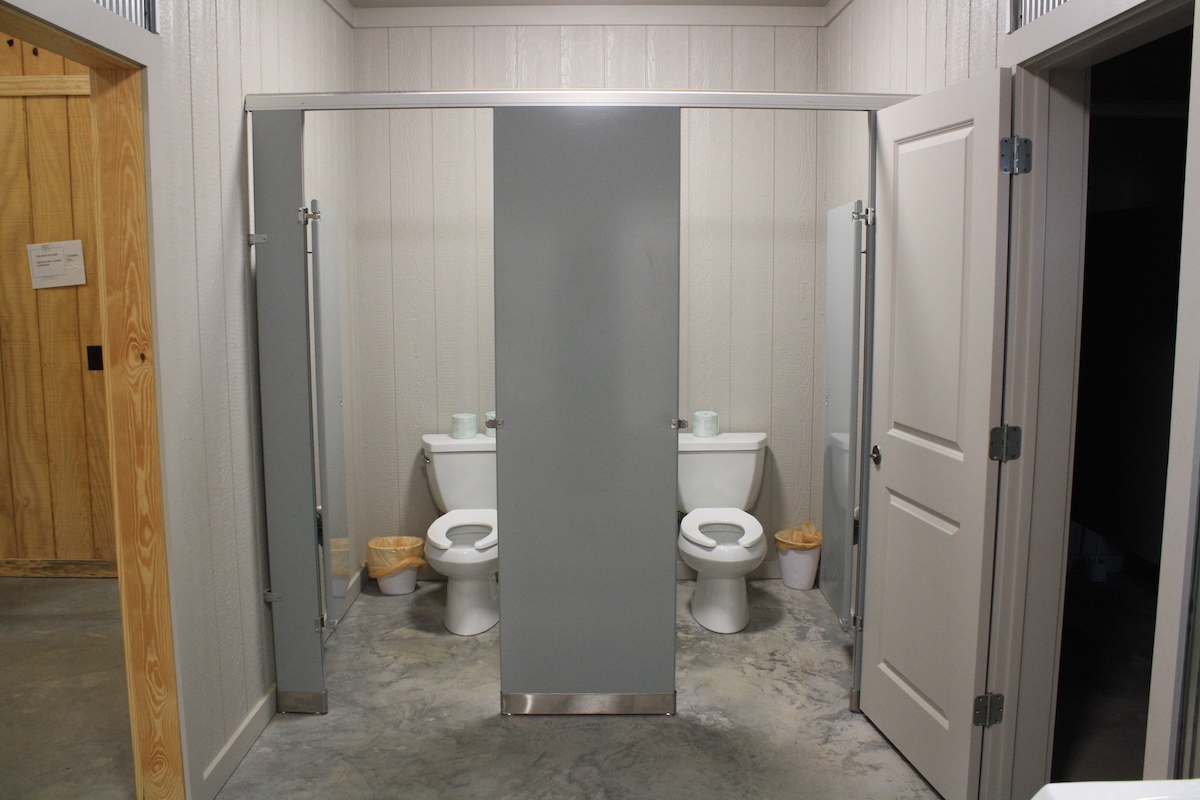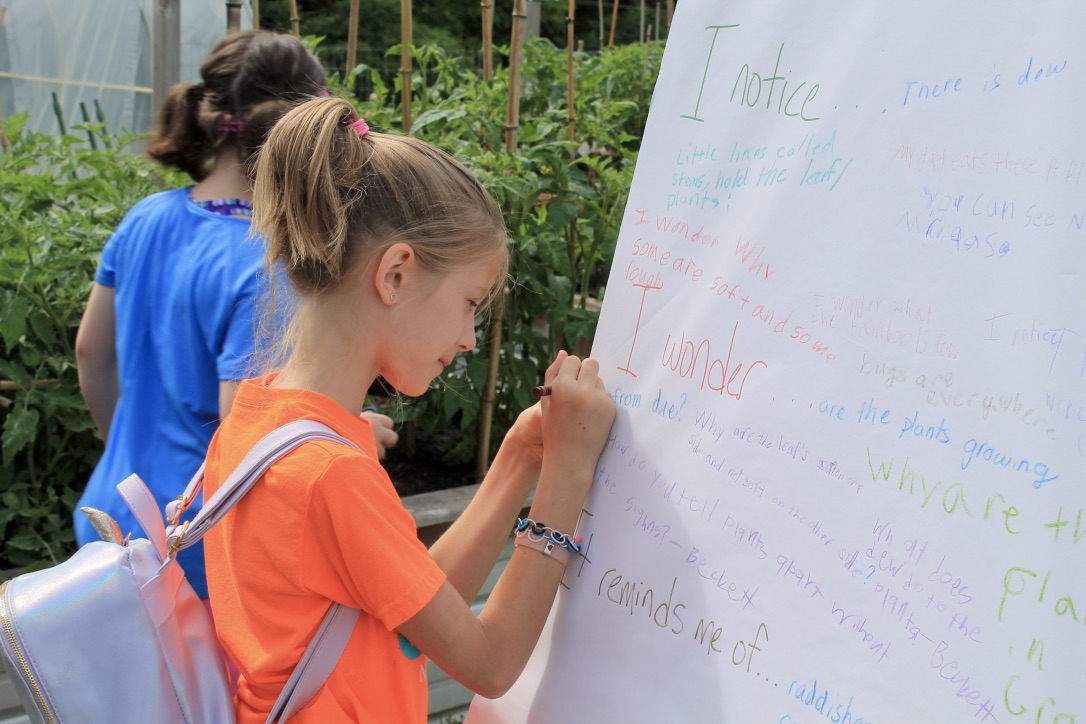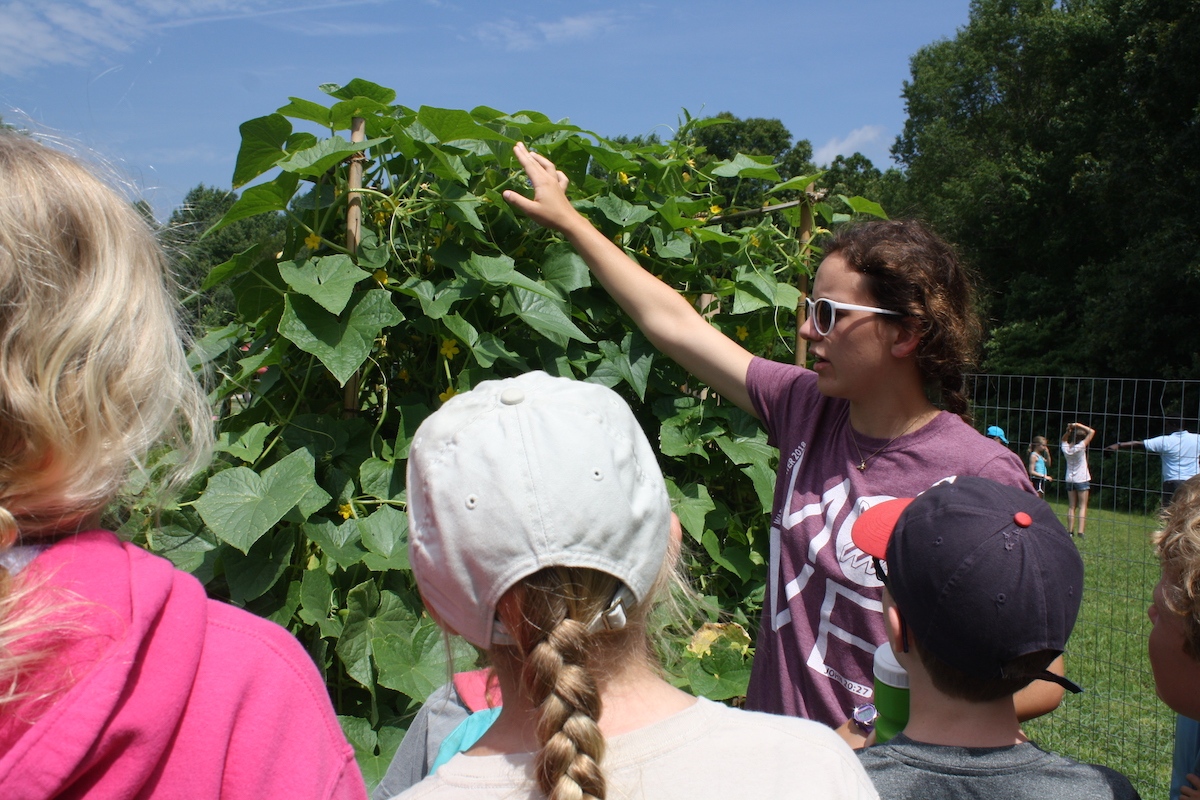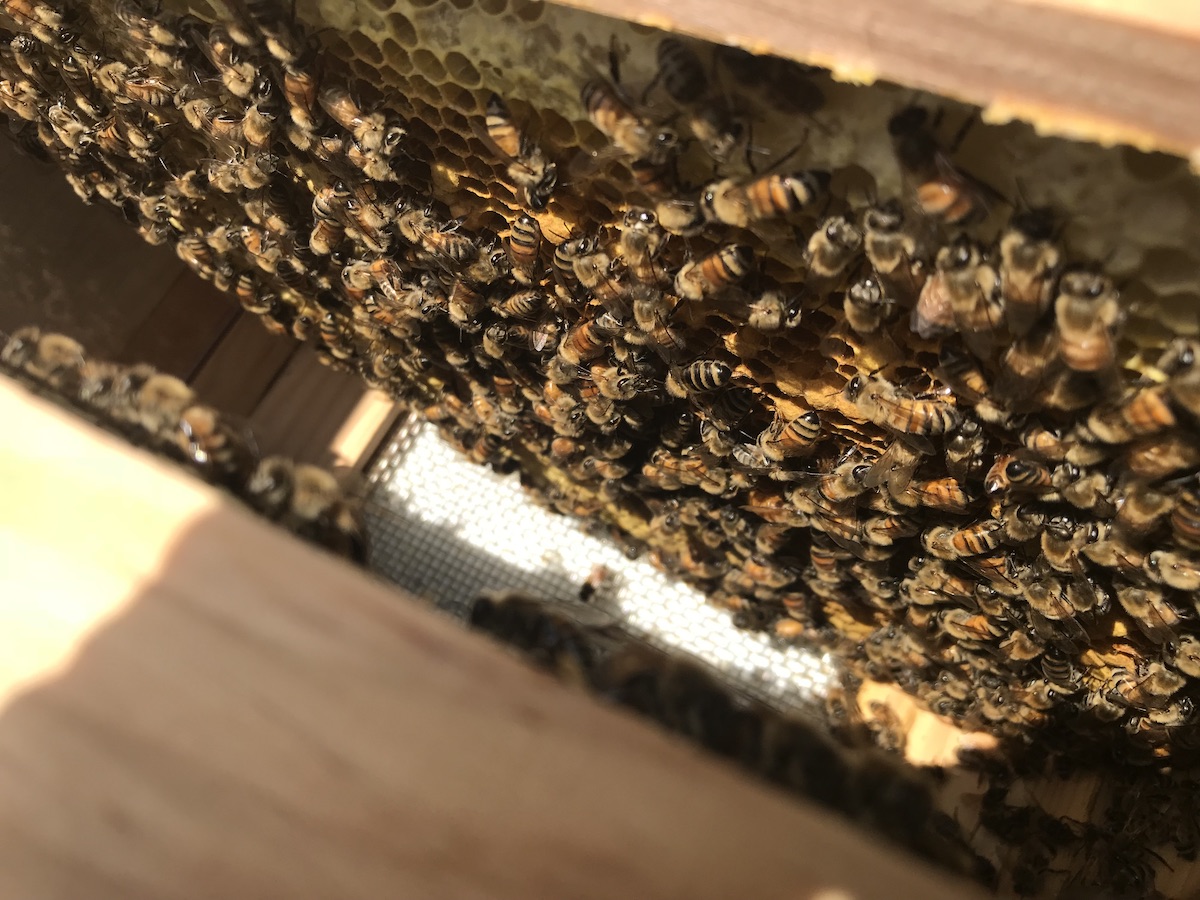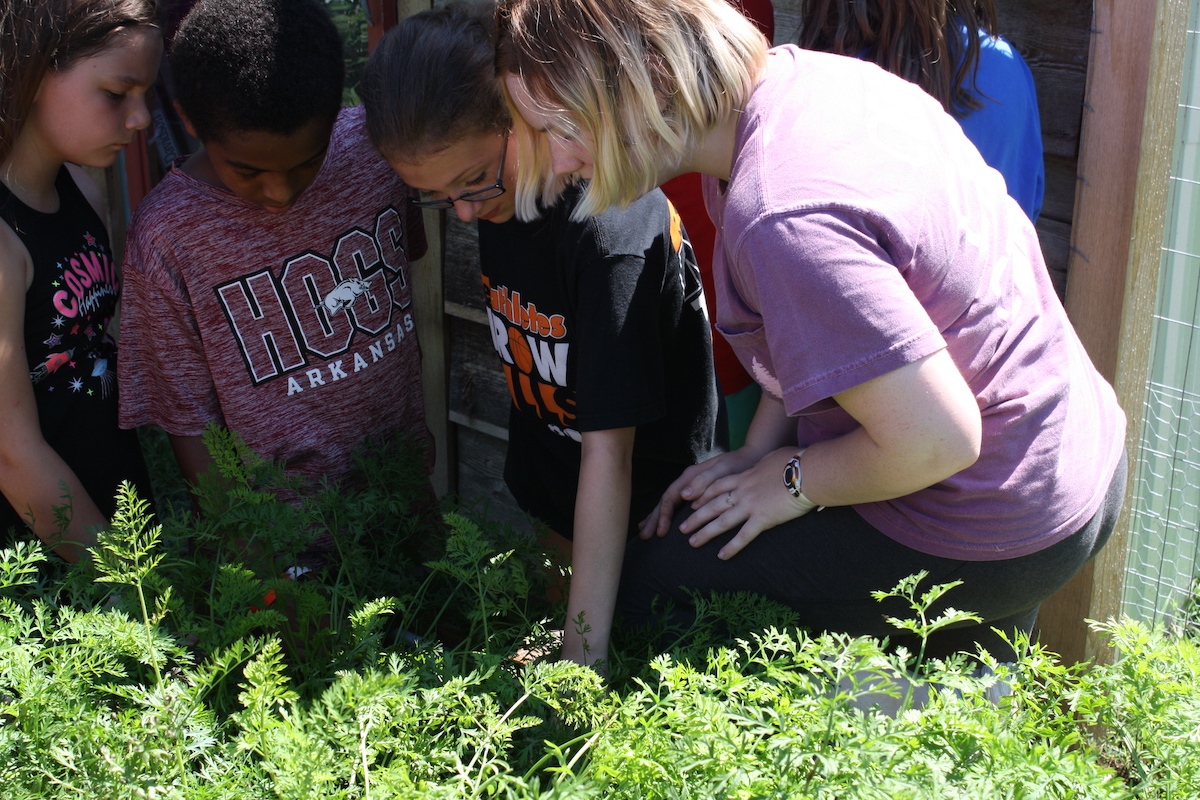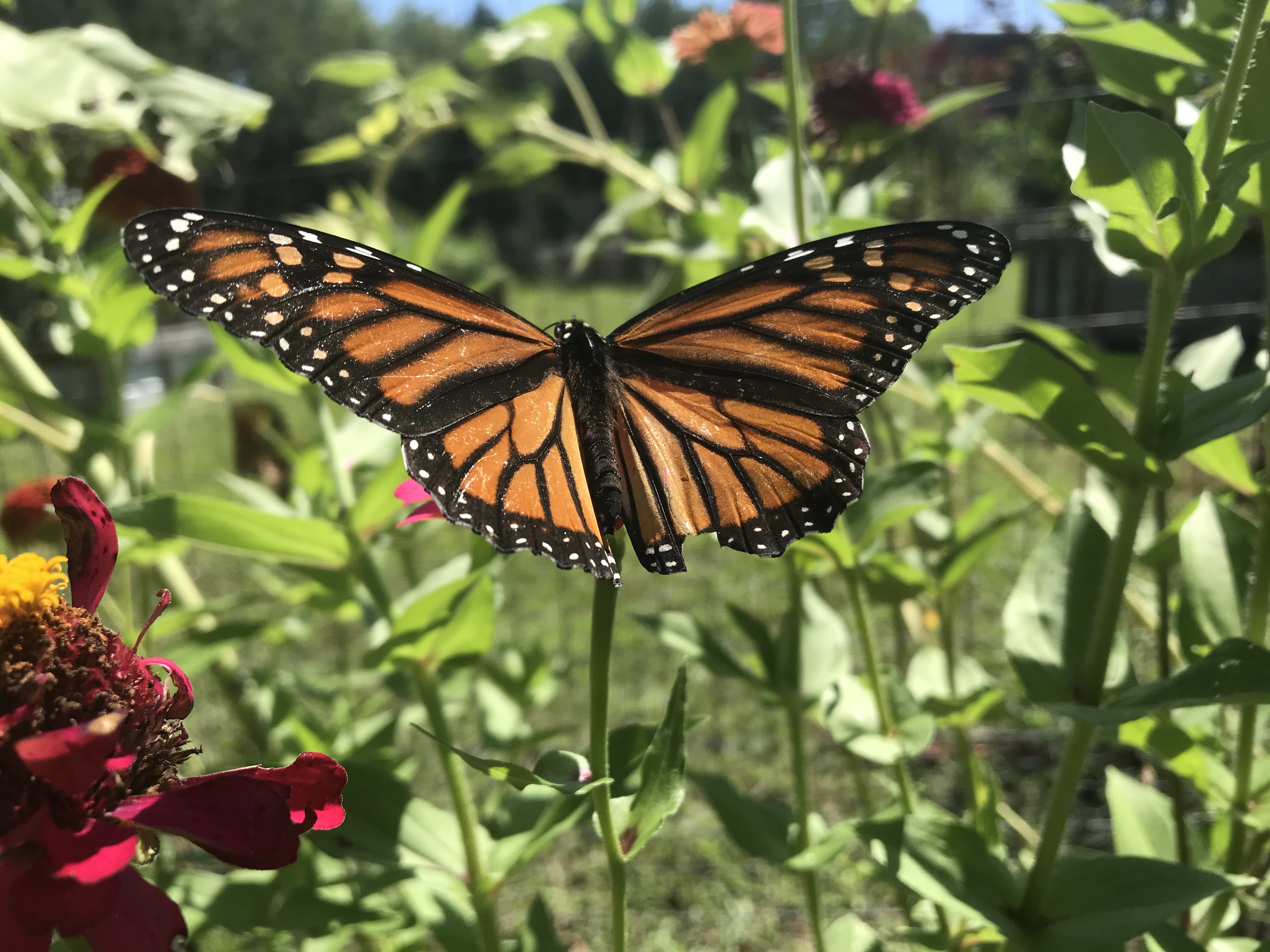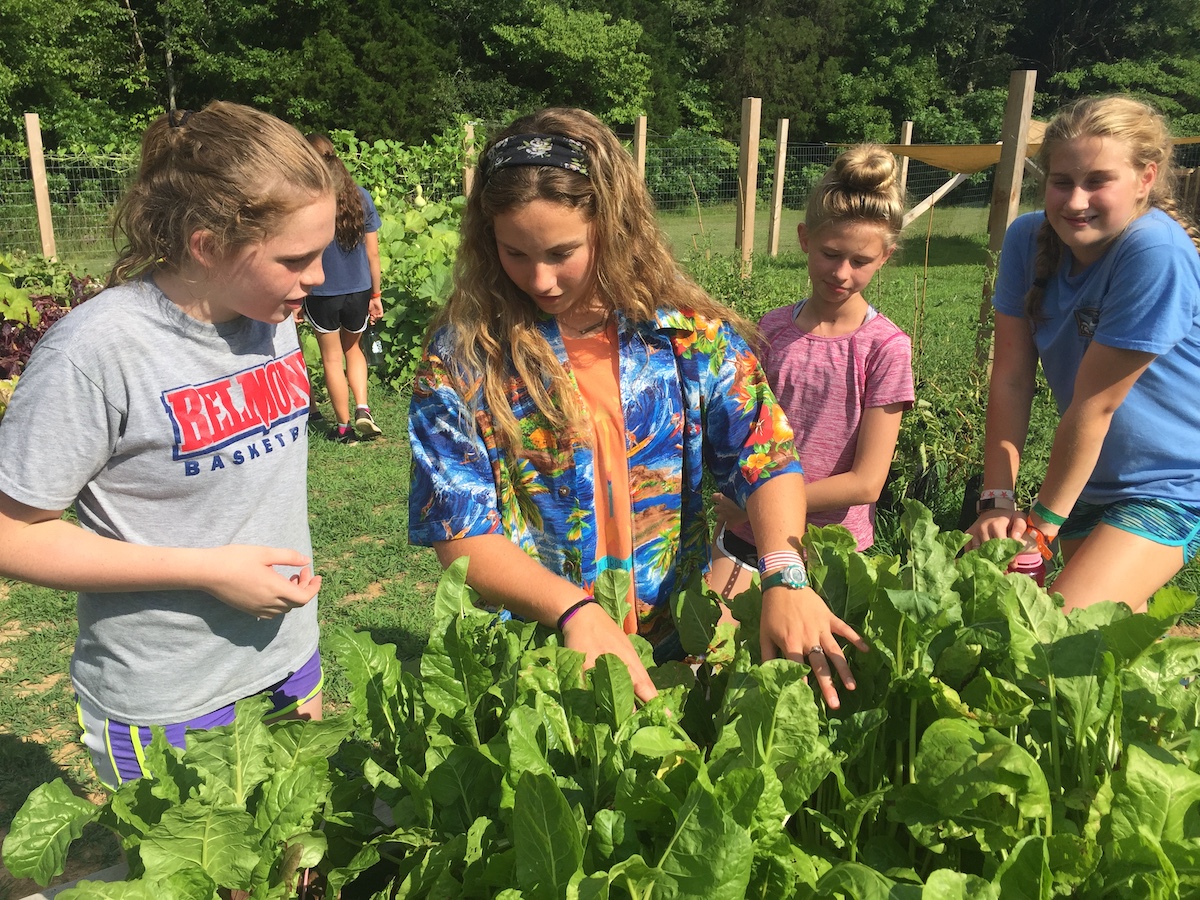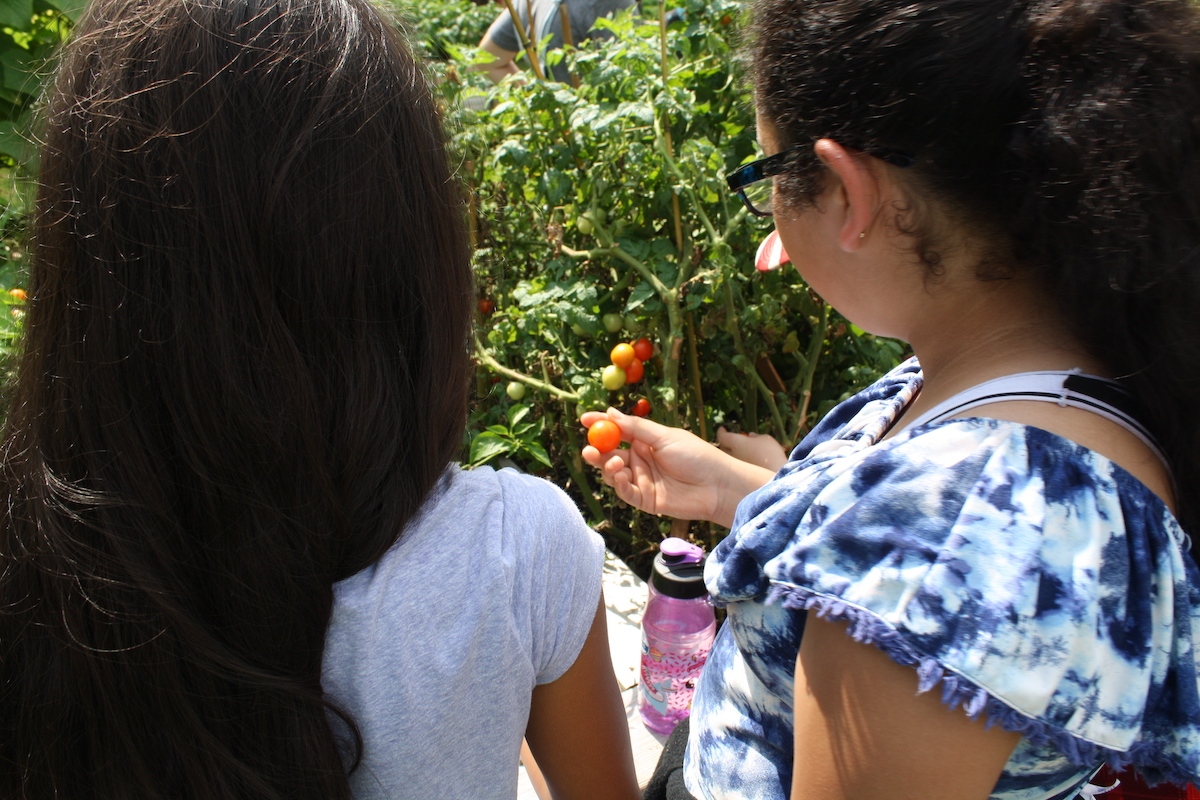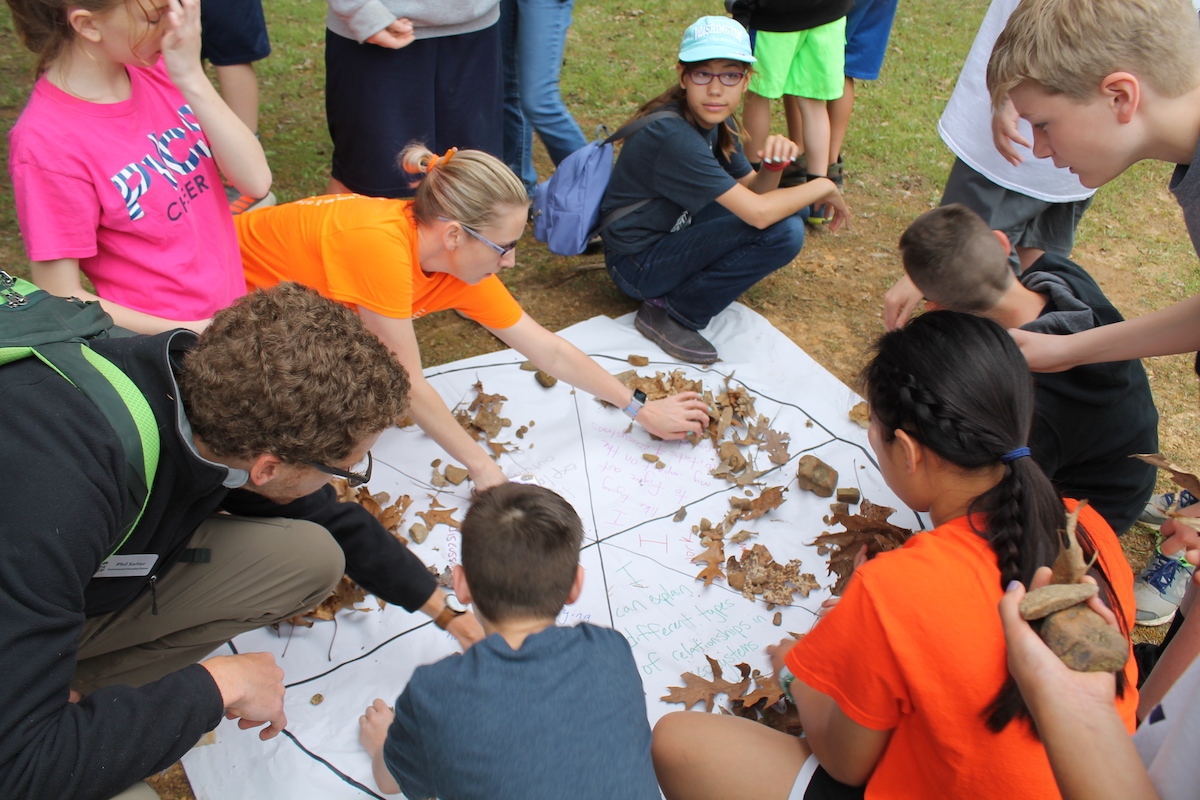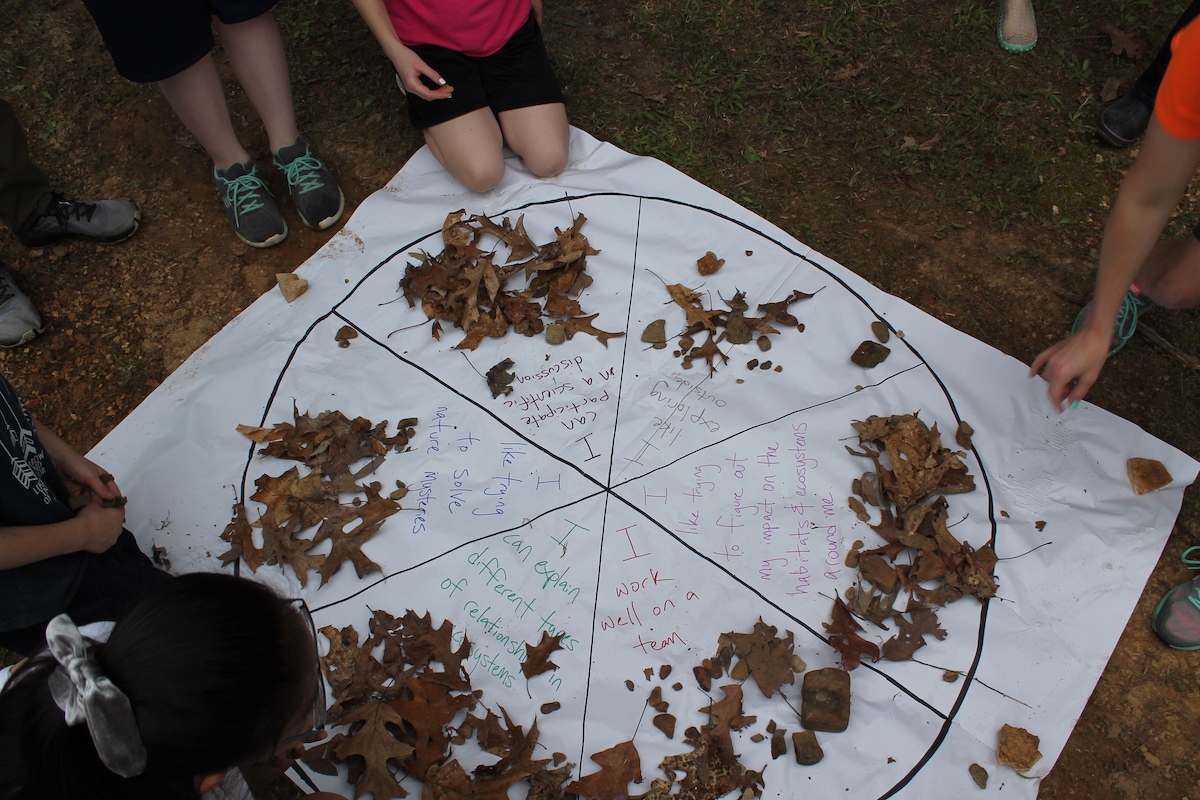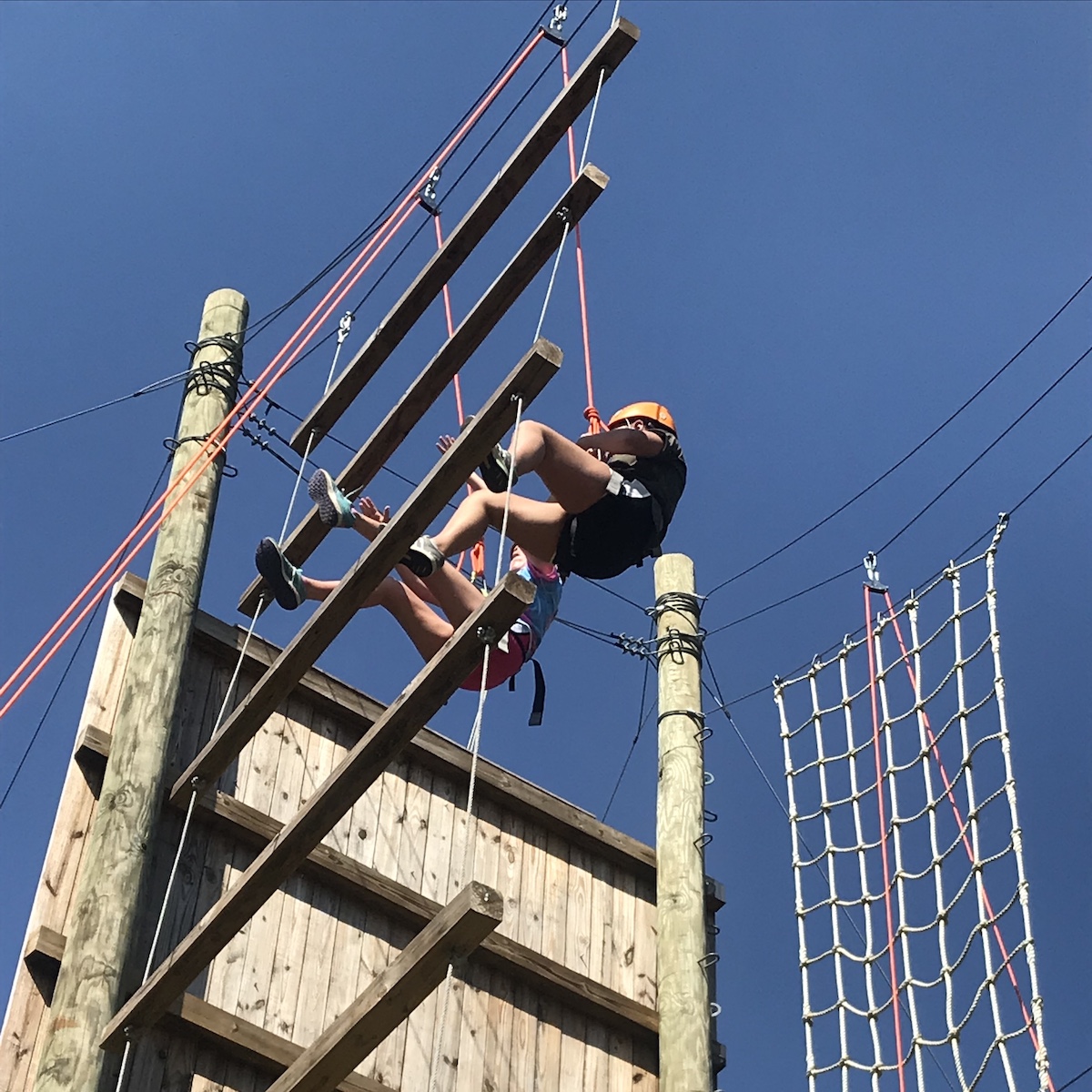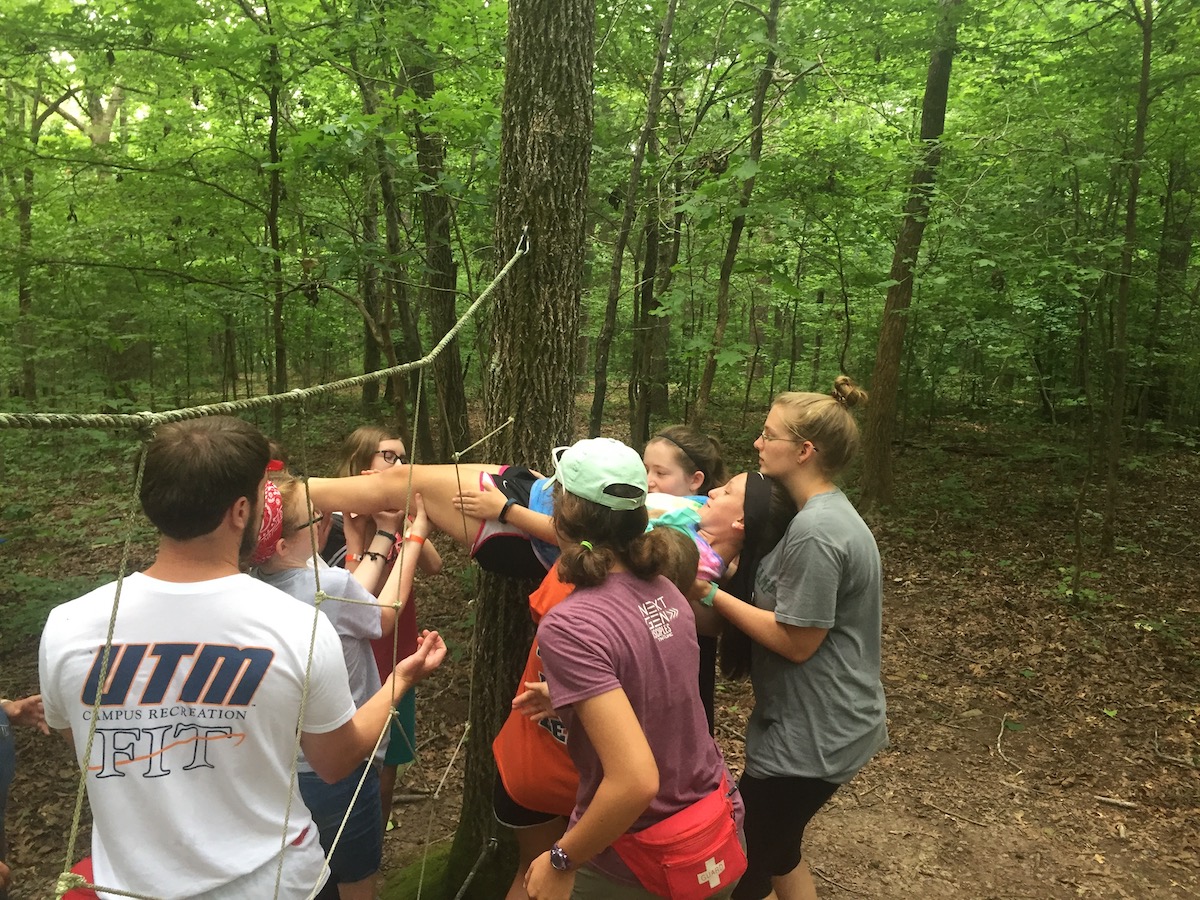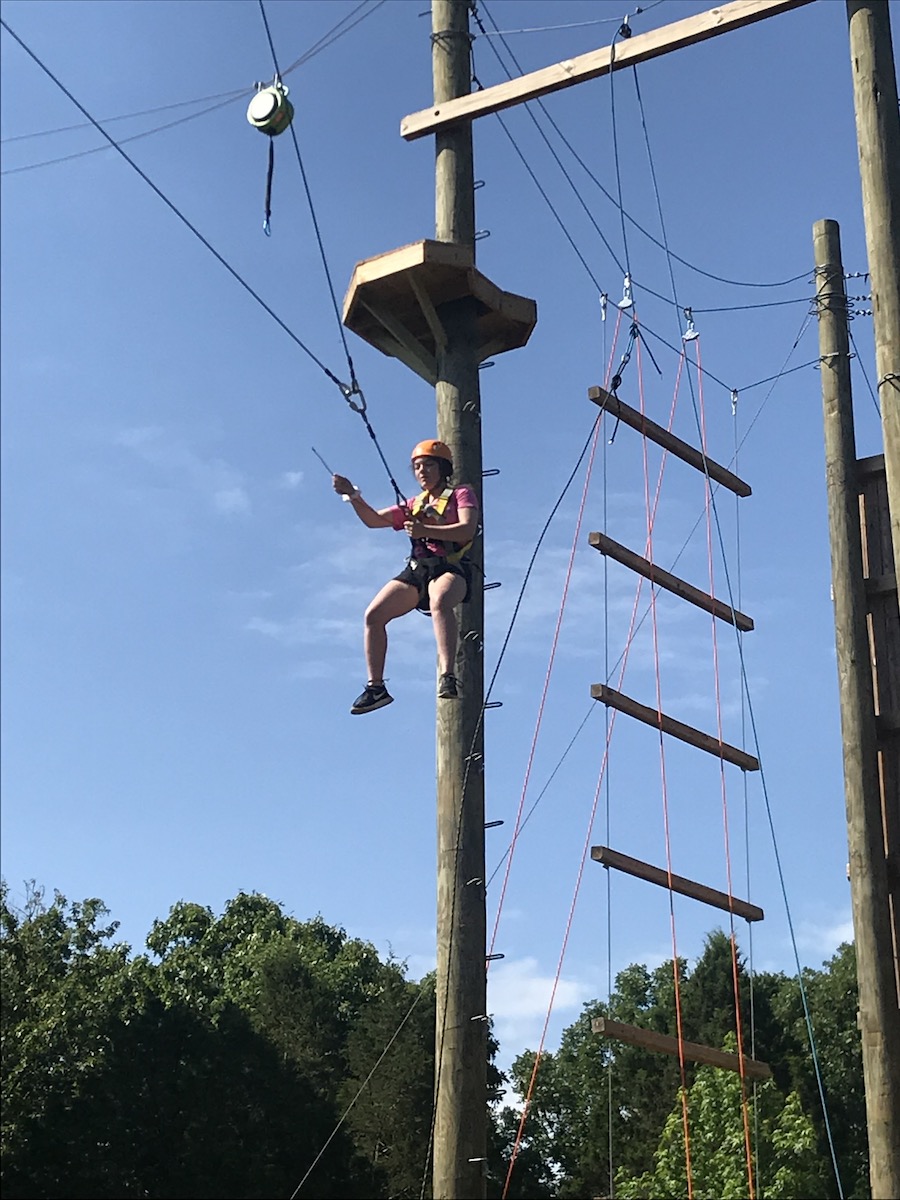Our Programs
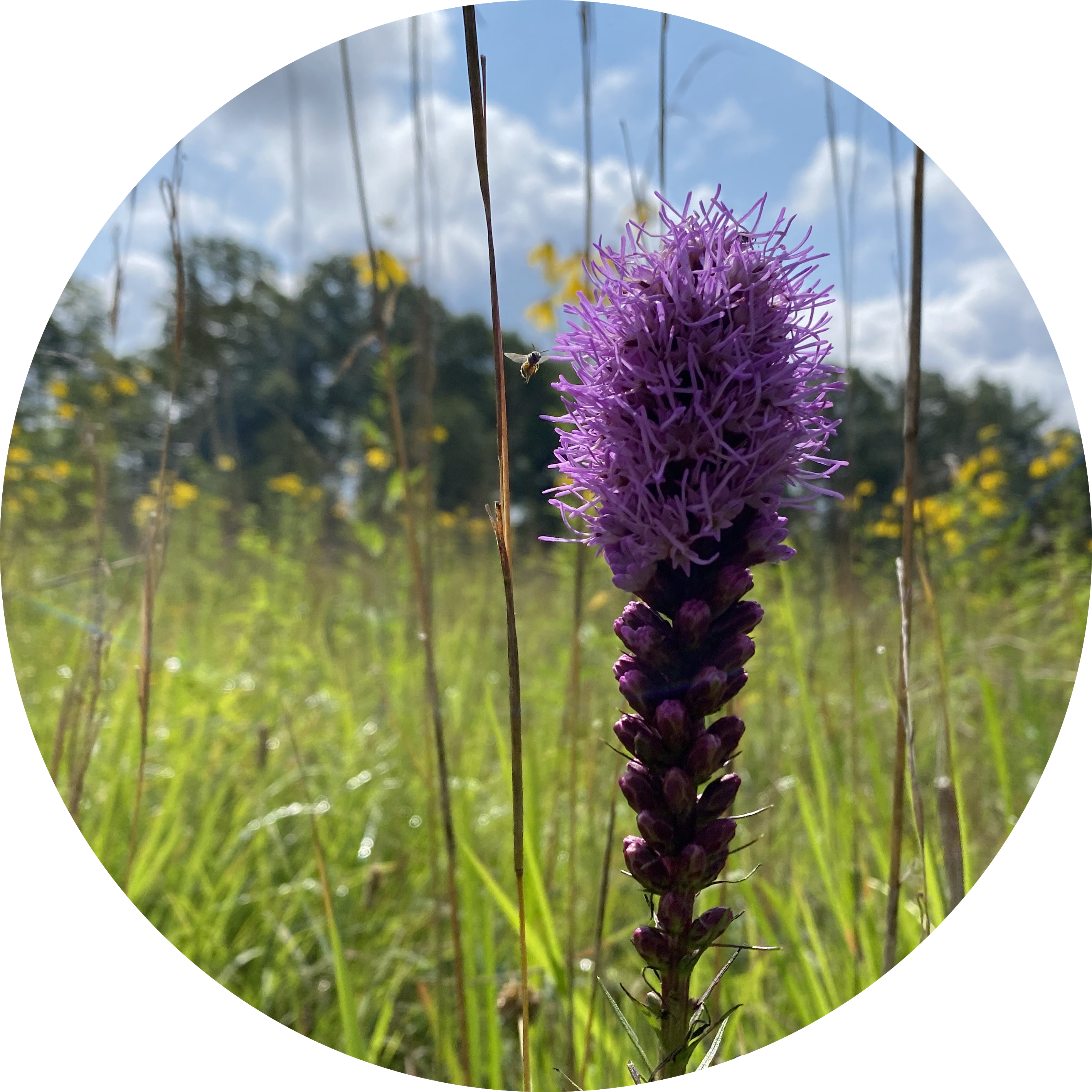
- K-12 students in public, private, and homeschool settings
- Educators, both preservice and current
- Families across generations
- Community groups interested in experiential learning together
Audiences
- K-12 students in public, private, and homeschools
- Educators, both preservice and current
- Families across generations
- Community groups interested in environmental learning
Immersion & Encounter
Immersion (Residential)
Immersion experiences offer schools, families, and community groups the chance to truly live into the EE experience at Cedar Crest. Providing a multi-day experience (2 days/1 night or 3 days/2 nights), Cedar Crest EE staff work alongside you and your group to facilitate and co-create a learning experience unlike any other.
- Hands-on, experiential classes throughout the day and into the evening (~ 3 classes per day)
- Staff members that are passionate about this place and sharing in learning alongside fellow learners
- Team building activities and seasonal gardening
- Night programming opportunities
- Built-in time for your group to reflect, debrief, and share with one another each day
- Community living and sharing in meals with one another
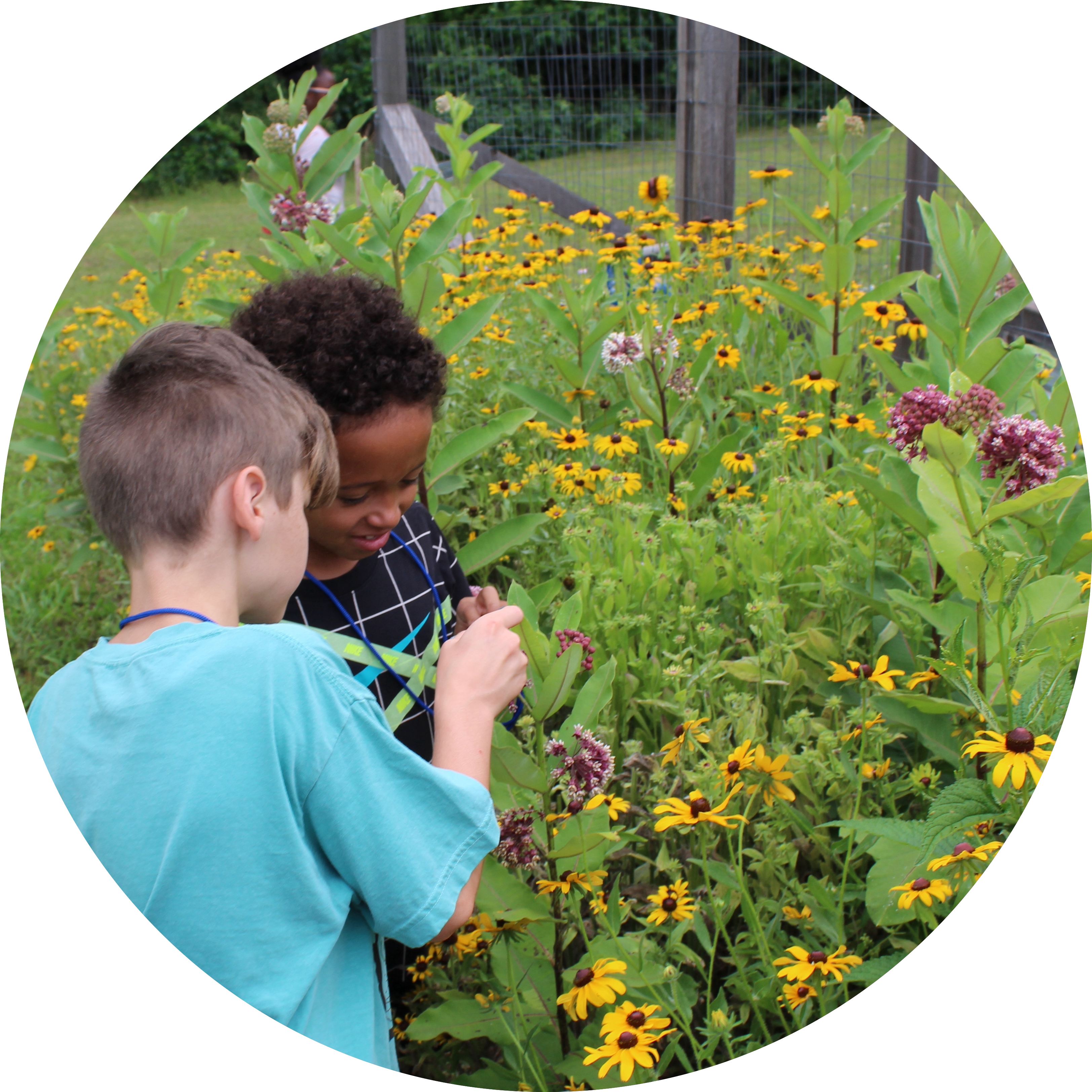
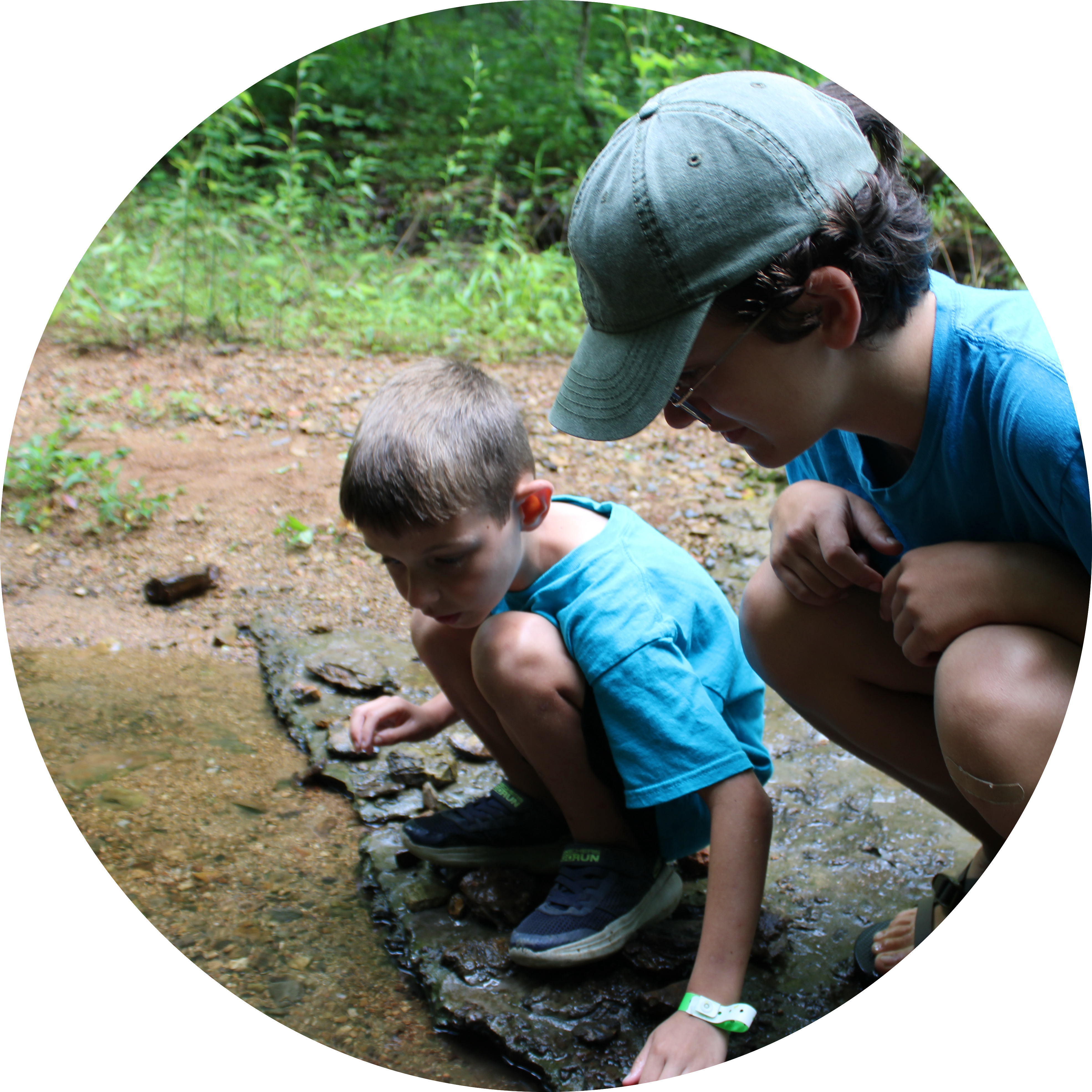
Encounter (Day)
While we do encourage Immersion for the full experience, Encounter experiences offer your group a more condensed option when you only have a day to come explore and learn. We will strive to make your experience wonderful regardless of the length of your stay. We ask for a minimum of a 4-hour experience on-site at Cedar Crest with travel accounted for outside of that time.
- Hands-on, experiential classes according to your timeframe (~ 2-3 classes)
- Staff members that are passionate about this place and sharing in learning alongside fellow learners
- Team building activities and seasonal gardening
- Night programming opportunities (dependent on your schedule)
Classes At A Glance
Field & Forest Classes
Tree Talks
Trees often first come to mind when we think of a forest. These magnificent organisms populate forest ecosystems and create myriad relationships, both seen and unseen. Learners meet trees, practice tree ID skills with one another, and explore the web of relationships trees hold with one another and other forest species. We will discuss perspectives on trees as resources while also reflecting on their intrinsic ecological value to the ecosystems they inhabit.
Soil, Rocks!
Soils and rocks are foundational for terrestrial life, utilized as natural resources, and subject to natural and human-influenced erosion and weathering. Throughout different habitats, students will explore rock and soil types, use observation skills to understand how the geology of the land affects the present ecosystem and gives clues about ecosystems of the past. They will also discuss weathering and examine its effects on the various habitats and mitigation of human-influenced erosion in our daily lives.
Phenology in Focus
Our local, national, and global climate trends provide ample opportunities to practice sound scientific observation and evaluation. Learners utilize phenology skills that can help us orient ourselves to the seasonal changes and track unique changes throughout the years. These seasonal changes inform animal migrations, springtime blooms, and our daily lives. We explore ways to look closely at these trends and consider how they can teach us to better live into the future.
Inquiry Mystery
We practice inquiry skills throughout all of our classes at Cedar Crest. But if you and your learners are interested in putting your detective skills into practice, we will venture out to specific ecosystems and investigate what we discover. The mystery lies in what we might find and where we might end up. This is a unique way for your learners to practice inquiry in a purely student-driven, curiosity-sparked atmosphere.
Creek & Lake Classes
Creek Ecology
Creek and riparian ecosystems are crucial to the success of diverse plant and animal species yet are also frequently impacted by human development. Learners explore the elements of these vulnerable ecosystems through bioassessments of macroinvertebrates, water quality testing, and close observations of plant and animal adaptations. We discuss and learn to mitigate impacts on watershed health and integrity. Students should come prepared to get wet in these classes. Students must wear appropriate closed toed shoes such as old shoes, water shoes, or rain boots.
Life at the Lake
A multitude of aquatic and terrestrial species across all trophic levels depend on lakes (and similar lentic systems) throughout their lives and development. Learners explore bordering terrestrial ecosystems and inhabitants, take part in water testing and bioassessments, and observe the unique adaptations and interrelatedness of these species with one another. Can be delivered as a fusion class with the Canoe & Kayak class. Students should come prepared to get wet in these classes. Students must wear appropriate closed toed shoes such as old shoes, water shoes, or rain boots.
Aquatic Connections
What better way to illustrate the distinctions and similarities between interconnected aquatic ecosystems than to visit them each firsthand? Learners explore how these systems cycle energy and examine the importance of transitional habitats to organismal development. We will discuss the history and interconnections between these creek, wetland, and lake ecosystems. Students should come prepared to get wet in these classes. Students must wear appropriate closed toed shoes such as old shoes, water shoes, or rain boots.
Earth & People Classes
Journals to Justice
Many of the inspiring voices of environmental justice, conservation, and stewardship found direction and wisdom in the quiet moments and places of our natural areas. Learners hike along our eco-justice trail around our lake and practice nature writing, journaling, and reflection. In both guided and individual settings, learners consider the words of historical naturalists and advocates native to Tennessee and beyond as they creatively explore ways in which to promote better relationship with the earth and people in their local communities.
We Are What We Eat
Garden spaces provide insight into the human relationship with the land and an opportunity to engage our senses in its practice. Learners explore the workings of a seasonal garden, beekeeping and the benefits of all bees and pollinators, & raising chickens. We learn to minimize food waste, eat at home, and think about the food we eat. We will consider current agricultural practices and food systems and learn how we can promote food justice.
Arts & the Earth
The love of nature has inspired the creation of diverse works of art, solved challenging problems, & inspired the way humans have built for centuries. Learners practice age-appropriate journaling skills, express themselves through art, & explore how humans have historically found inspiration to build and create from nature’s own artistic expressions & designs.
Team Building & Recreation
High Ropes
In high ropes, learners (grades 6-12) work individually and collectively, working to climb a 40-foot rock wall, a giant’s ladder, and vertical playpen. They can also experience the rush of our giant “swing by choice” and “quick jump” elements as well. The challenges are big on this course; the support of fellow participants and our well-led staff will provide an exhilarating learning experience that expands our ability to create and achieve goals, confront fears, and cultivate self-confidence.
Low Ropes
In low ropes, learners (grades 5-12) work cooperatively and participate in unique elements that require balanced communication, problem solving, and trust. These activities are geared to encourage healthy debriefing and reflection on how the challenges faced can be interpreted alongside the challenges of daily life at school, home, and in our communities.
Canoe & Kayak
This activity offers learners (grades 1-12) a unique learning opportunity to build their teamwork and communication skills through canoeing and self-reliance and focus through kayaking. Learners canoe on a calm lake bordered by the forests of Cedar Crest. Team building and recreation can be the sole focus or it could be fused with our Life at the Lake class. Canoeing is available for grades 3 and up. Kayaking is available for grades 7 and up. Students should come prepared to get wet in this class. Students must wear appropriate closed toed shoes such as old shoes, water shoes, or rain boots.
Creek Stomp
If you are unable to fit Creek Ecology in your schedule (or you love the creek so much you want to go twice), the creek stomp is a wonderful way to have a lot of fun and cool down during a hot day and take in the beauty of our creek’s wildflowers, geology, and aquatic neighbors. Students should come prepared to get wet in this class. Students must wear appropriate closed toed shoes such as old shoes, water shoes, or rain boots.
Night Life
Nocturnal Trails
A poet once said, “To know the dark, go dark. Go without sight, and find that the dark, too, blooms and sings, and is traveled by dark feet and dark wings.” Learners explore the forest at night, using their senses to navigate and communication to guide one another along the way. We will consider the adaptations that are unique to our nocturnal neighbors and learn how we can minimize our impact on the delicate rhythms of these creatures and their nocturnal world.
Celestial Quest
After the sun goes down and the stars begin to come out, a new invitation to learning is extended to us. Learners explore the night sky and participate in stargazing to seek out our seasonal celestial bodies and constellations. Lunar phases, planet orientation, and night pollution are a few highlights that can be of key focus for your needs. Science and cultural stories and myths intersect to provide a colorful experience to better understand the night sky.
Sparks & Stories
Gathering around a campfire is a perfect way to slow down and consider the connections between nature, culture, and community. Learners experience an evening filled with songs, stories, and sharing in good conversation. You may also split into groups to take part in sharing circles that provide learners with a space to share what they’ve learned that day and throughout their experience.
Food, Lodging, Amenities
Dining Hall
The Cedar Crest Dining Hall is located in our main camp area and has space for 150-200 people in chair-only layout and 75-150 in tables and chairs layout. We promote eating family-style here during our meal times, where each table shares each meal with one another. Learners can share in great meals with one another while also learning about our relationships with the food we eat throughout your stay.
Dining Hall
The Cedar Crest Dining Hall is located in our main camp area and has space for 150-200 people in chair-only layout and 75-150 in tables and chairs layout. We promote eating family-style here during our meal times, where each table shares each meal with one another. Learners can share in great meals with one another while also learning about our relationships with the food we eat throughout your stay.
Songbird & Owl Cabins
These cabins are located at main camp and have a rustic design coupled with newer amenities like A/C, heating, and electricity. These are single story cabins with an open concept; the doors open out into the breezeway with four separate rooms. Each room hold 4 bunks while also being accommodated with trundle beds and each room has its own bathroom with 2 showers and 2 toilets.
Songbird & Owl Cabins
These cabins are located at main camp and have a rustic design coupled with newer amenities like A/C, heating, and electricity. These are single story cabins with an open concept; the doors open out into the breezeway with four separate rooms. Each room hold 4 bunks while also being accommodated with trundle beds and each room has its own bathroom with 2 showers and 2 toilets.
Learning Garden
Our learning garden provides opportunities for learners to engage their senses and curiosity with the fruits and vegetables in our raised beds, bees in our apiary, and diverse flowering plants and pollinators that call our garden a seasonal home.cking mysterious prints, exploring havens of biodiversity, learning native Tennessee species are examples of what can inform our learning here at Cedar Crest.
Learning Garden
Our learning garden provides opportunities for learners to engage their senses and curiosity with the fruits and vegetables in our raised beds, bees in our apiary, and diverse flowering plants and pollinators that call our garden a seasonal home.cking mysterious prints, exploring havens of biodiversity, learning native Tennessee species are examples of what can inform our learning here at Cedar Crest.
Outdoor Challenges
Our ropes courses have over ten elements all together, and they are perfect to cultivate team building, togetherness, and trust. We love how our high and low ropes elements promote quality group encouragement, relationship-building, and support when faced with new challenges.
Outdoor Challenges
Our ropes courses have over ten elements all together, and they are perfect to cultivate team building, togetherness, and trust. We love how our high and low ropes elements promote quality group encouragement, relationship-building, and support when faced with new challenges.
